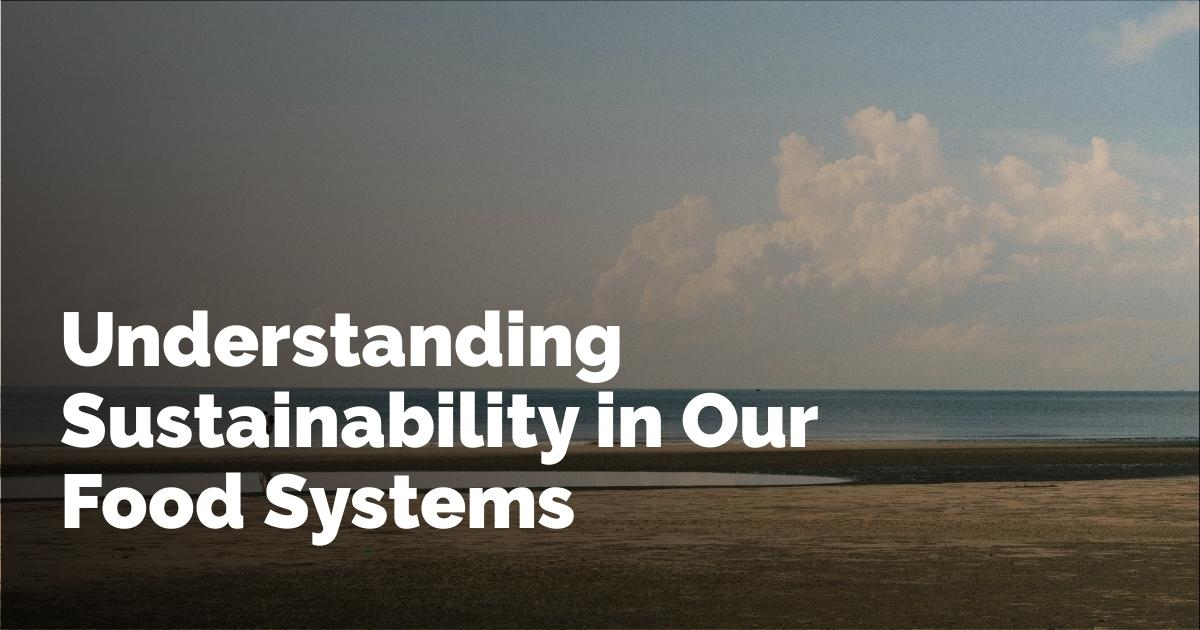Understanding Sustainable Development in Food Systems
Sustainable development has become an essential focus in numerous sectors worldwide, and within agriculture, it takes on a vital, multifaceted role. The concept embraces a balance between economic, social, and environmental dimensions. In the realm of food systems, sustainability ensures that current and future generations can meet their food and fiber needs without diminishing the health of the ecosystems that provide these resources.
The Approach to Sustainability in Agriculture
In the United States, agricultural sustainability is central to government policy, particularly those laid out in the Farm Bills of 1977 and 1990. These legislative frameworks describe sustainable agriculture as an integrated system of plant and animal production practices that apply to specific sites and aim to satisfy human food and fiber needs over the long term. This integrated approach focuses on enhancing environmental quality, optimizing the use of nonrenewable resources, maintaining economic viability for farms, and promoting the quality of life for farmers and society.
The U.S. Department of Agriculture (USDA) further developed this framework in its 2011 Consensus Statement, emphasizing the necessity to balance multiple goals within the agricultural sector. These goals include meeting human needs, boosting environmental quality, sustaining economic viability, and improving life quality for everyone involved—from farmers to the wider community. Through efforts at both domestic and international levels, the USDA actively participates in developing and adopting management and production systems that prioritize scale-appropriate solutions and promote practices like reducing, reusing, and recycling. This holistic approach spans landscapes, supply chains, and markets to ensure comprehensive progress toward sustainable agriculture.
Comprehensive Food Systems
The term "food system" encapsulates a broader understanding beyond the traditional farm-to-table notion. Food systems refer to complex networks that involve every input and output within the agricultural and food production cycle, subject to spatial and temporal variability. This complex network provides a comprehensive perspective, crucial for assessing the economic, social, and environmental sustainability aspects of food production.
According to the USDA's National Agricultural Library, food systems encompass everything from farm to table, focusing on regional and localized systems that highlight place-specific clusters of producers, including farmers, ranchers, and fishers, alongside consumers and relevant institutions. These clusters engage in producing, processing, distributing, and consuming food.
The U.S. Global Food Security Strategy broadens this definition by considering agriculture and food systems as interconnected units made up of interactions among people, behaviors, relationships, and materials. These systems operate through a variety of methods—such as farming, aquaculture, forestry, and pastoralism—and engage in activities like processing, trading, marketing, and consumption. Each component is influenced by and operates within the larger social, political, economic, and environmental contexts.
The International Perspective on Food Systems
Globally, definitions of food systems further underscore their complexity. The United Nations Food and Agricultural Organization (FAO) describes these systems as encompassing all actors and their interconnected value-adding activities essential in food production, distribution, and disposal. These activities span several subsectors like farming and waste management while interacting with broader systems, such as energy, trade, and health.
A sustainable food system, according to the FAO, ensures food security and nutrition without compromising the capacity of future generations to meet their needs, balancing the pillars of economic, social, and environmental sustainability. Economically, it must remain profitable across its operations. Socially, it should provide broad societal benefits, and environmentally, it should maintain a neutral or positive impact on natural surroundings.
Toward a Sustainable Future in Agriculture
Central to achieving true sustainability in agriculture and food systems is the integration of comprehensive strategies that respect ecological boundaries and social welfare while remaining economically sound. These strategies demand a multifaceted approach, engaging with various actors and systems and adapting to evolving challenges such as climate change, population growth, and resource scarcity.
By embracing a systems-based outlook, professionals and policymakers can craft solutions that foster resilience within food systems, ensuring they are both sustainable and capable of thriving in the long-term. In this light, the balance between human needs, ecological integrity, and economic viability is not merely an aspiration but a necessity for sustaining the planet’s food systems into the future.
출처 : Original Source

